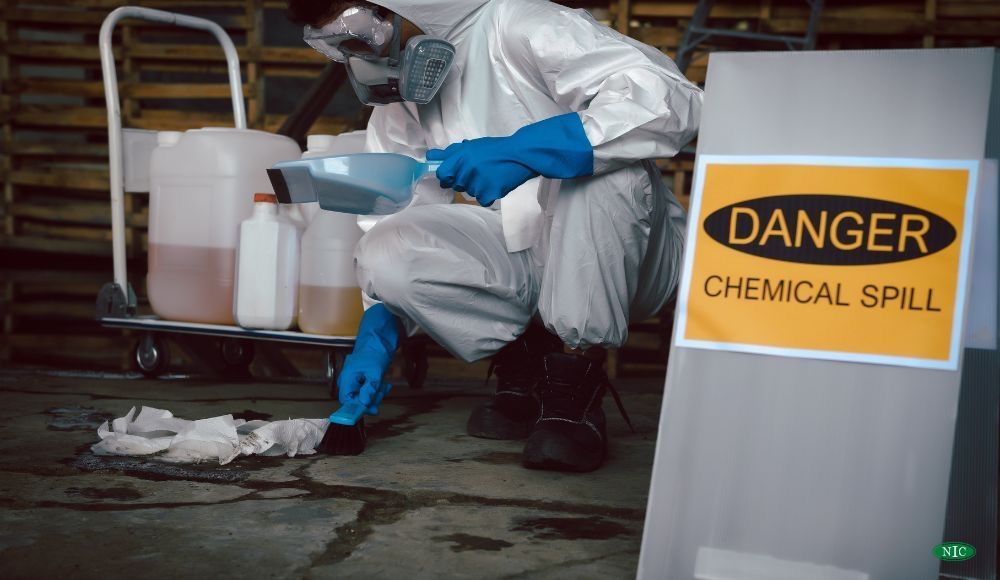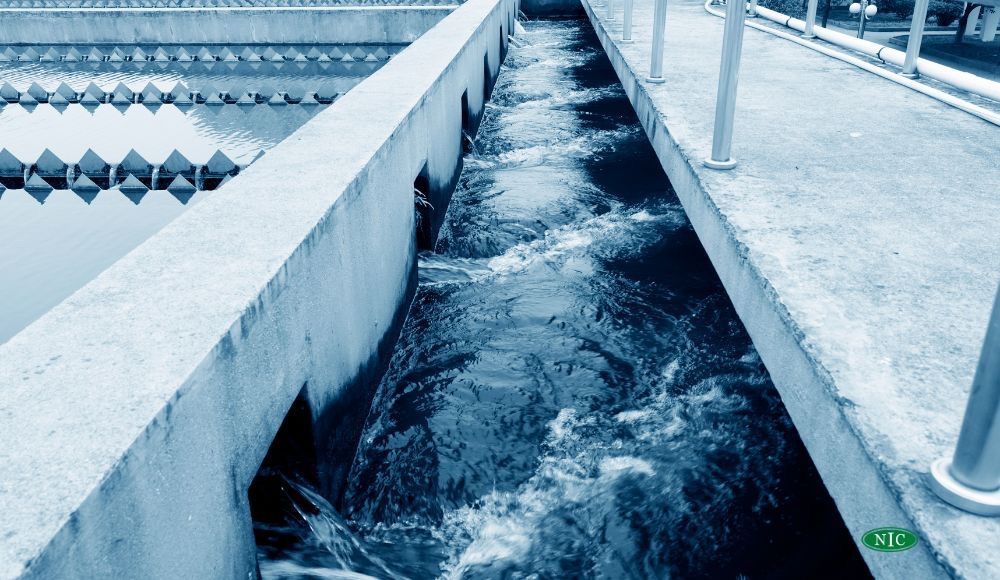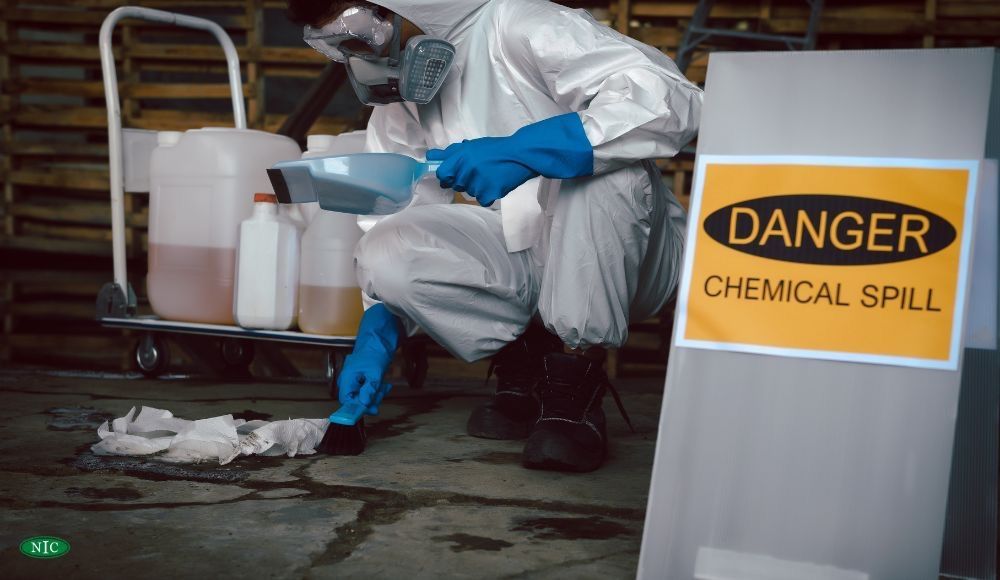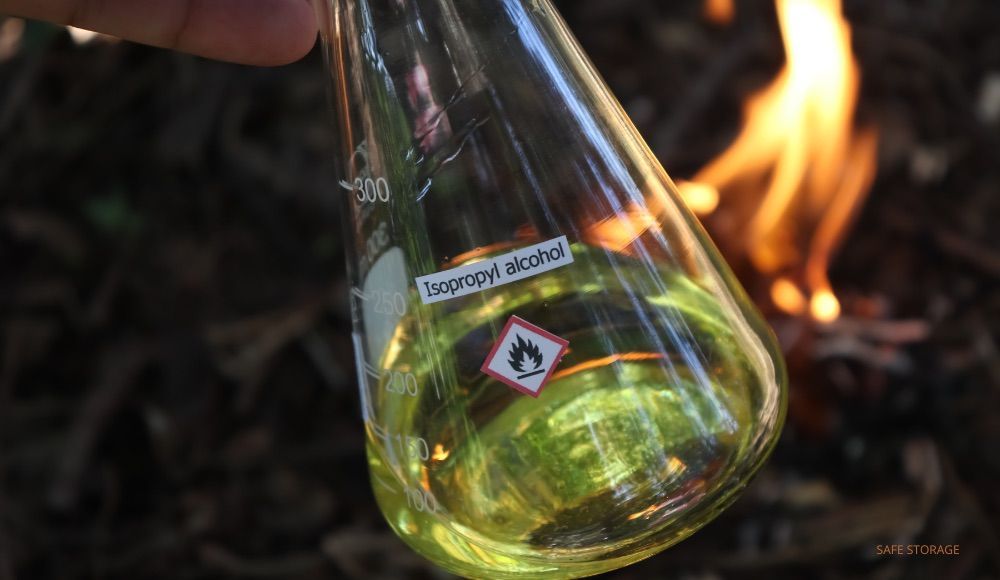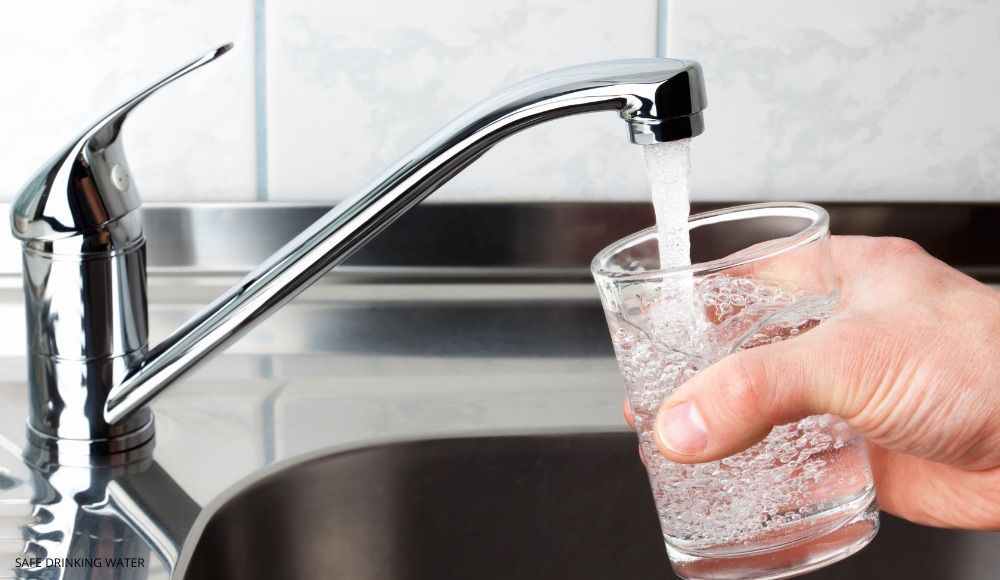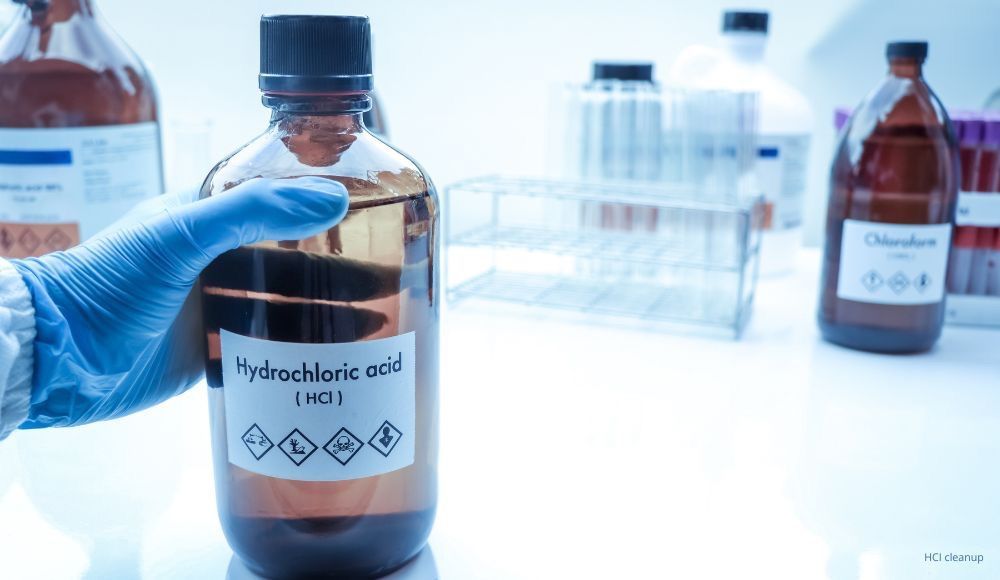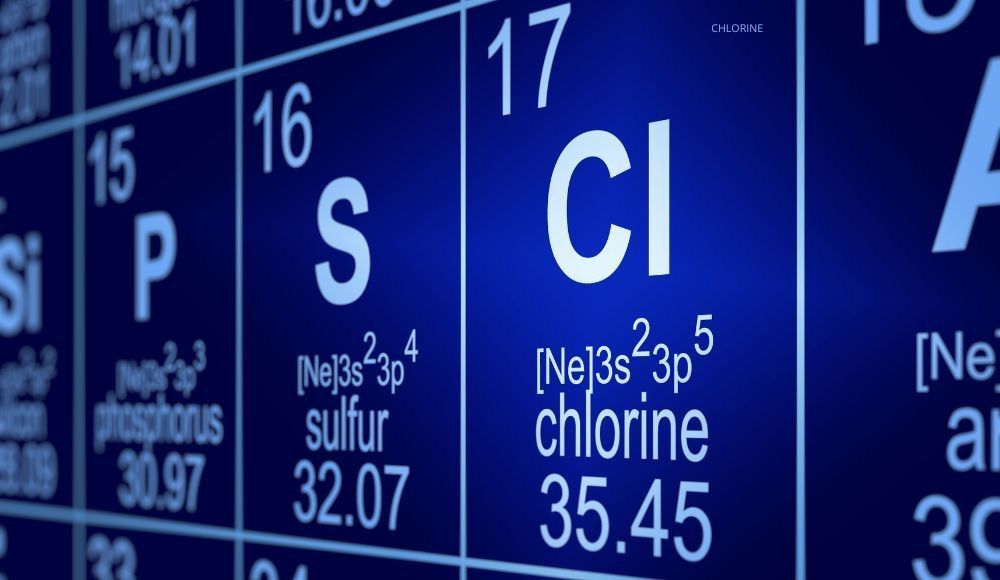How to Store Acids Safely: A Comprehensive Guide
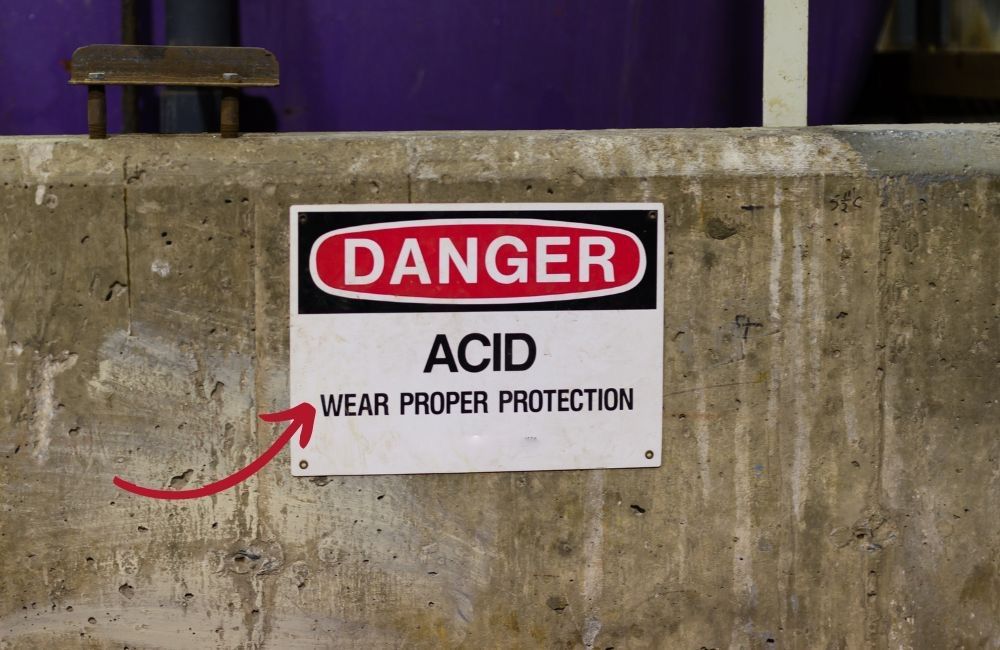
Did you know that improper storage of acids can lead to dangerous chemical reactions and environmental hazards? Ensuring the safe storage of acids is crucial for businesses using industrial chemicals, such as factories, breweries, food processing facilities, vehicle cleaning facilities, and water treatment plants.
Here are some essential tips to store acids safely, protecting both your employees and your operations.
Understanding the Basics
Acids are highly reactive substances that require careful handling and storage. Some common industrial acids include sulfuric acid, hydrochloric acid, and nitric acid. These substances can cause severe burns, release toxic fumes, and react violently with other chemicals. Understanding the properties of the acids you use is the first step in ensuring their safe storage.
Safety Measures
Implementing strict safety measures is essential to prevent accidents and injuries. Here are some key practices:
- Risk Assessment: Regularly conduct risk assessments to identify potential hazards related to acid storage. Develop and implement measures to mitigate these risks.
- Safety Protocols: Establish and enforce safety protocols specific to the types of acids you handle. This includes guidelines for handling, transferring, and disposing of acids.
Proper Storage Conditions
Storing acids correctly is crucial to prevent accidents and ensure compliance with regulations. Key considerations include:
- Appropriate Containers: Use containers made from materials compatible with the acids you store. For example, use glass or plastic containers for hydrochloric acid and avoid metal containers that can corrode.
- Labeling: Clearly label all acid containers with the chemical name, concentration, and hazard symbols. Ensure that labels are legible and resistant to the chemicals they contain.
- Ventilation: Store acids in a well-ventilated area to prevent the buildup of harmful fumes. Use fume hoods or local exhaust systems if necessary.
Segregation and Separation
Preventing chemical reactions between incompatible substances is critical. Here are some tips for segregating acids:
- Separate Storage Areas: Store acids separately from bases, oxidizers, and flammable materials to prevent dangerous reactions.
- Secondary Containment: Use secondary containment measures, such as trays or spill pallets, to contain leaks or spills. This prevents acids from coming into contact with incompatible substances.
Personal Protective Equipment (PPE)
Ensuring that employees wear appropriate PPE is vital for their safety. Here’s what you need to consider:
- Protective Clothing: Provide employees with acid-resistant gloves, aprons, and face shields to protect against splashes and spills.
- Eye Protection: Ensure that employees wear chemical-resistant goggles or face shields to protect their eyes from acid splashes.
- Respiratory Protection: In areas where acid fumes may be present, provide appropriate respiratory protection, such as masks or respirators.
Emergency Preparedness
Being prepared for emergencies can minimize the impact of accidental spills or exposures. Key steps include:
- Spill Kits: Equip your facility with spill kits that contain neutralizing agents, absorbents, and PPE. Ensure that employees know how to use them.
- Emergency Showers and Eyewash Stations: Install emergency showers and eyewash stations in areas where acids are used. Ensure that they are easily accessible and regularly maintained.
- First Aid Training: Train employees in first aid procedures specific to acid exposures, including how to use emergency showers and eyewash stations effectively.
Waste Disposal
Proper disposal of acid waste is essential for safety and environmental protection. Here are some guidelines:
- Neutralization: Neutralize acids before disposal, using appropriate neutralizing agents. Follow regulatory guidelines for the disposal of neutralized waste.
- Hazardous Waste Disposal Services: Partner with certified hazardous waste disposal services to ensure that acid waste is handled and disposed of in compliance with regulations.
In Summary
Storing acids safely is a critical aspect of industrial chemical management. By understanding the properties of the acids you use, implementing stringent safety measures, ensuring proper storage conditions, segregating incompatible substances, providing appropriate PPE, and preparing for emergencies, you can protect your employees and your operations from the dangers associated with acid storage.
Contact NIC Today
Contact North Industrial Chemicals for advice on all your industrial chemical needs. Our expert team is standing by to serve you.
